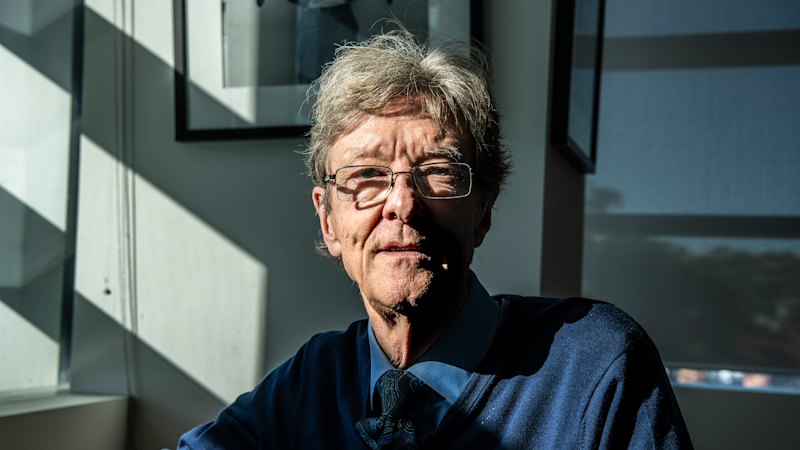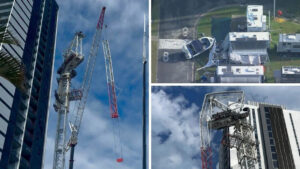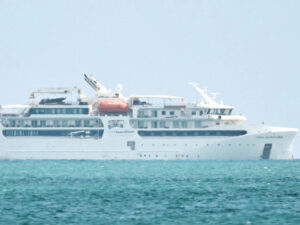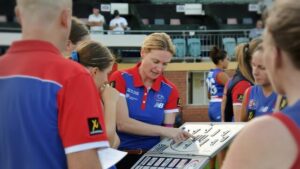
UPDATE: A groundbreaking trial aimed at helping paralyzed patients regain mobility has been thrown into turmoil as the leading research team has been abruptly released by the Neuroscience Research Australia (NeuRA). Volunteers participating in the eWalk2 trial are now left confused and disheartened, with researchers scrambling to secure a new institution to continue this vital study.
The multimillion-dollar eWalk2 trial, fully backed by taxpayer funds and charitable contributions, was being conducted at NeuRA’s specialized facility in Sydney. The sudden decision to sever ties with key scientists comes amid a chaotic restructuring at NeuRA, raising urgent concerns about the future of not just this trial but also two additional clinical studies related to spinal injury research.
“I am bitterly disappointed,” said Terry Lewis, a participant who has been paralyzed since 2018 and played an active role in recruiting fellow patients for the trial. “We put a lot of time into helping the researchers, trying to move forward. I don’t understand why this has happened. We haven’t been given any answers.”
The fallout from this decision has left researchers in a precarious position, with one anonymous source revealing that there is now a significant risk of all three trials collapsing. “Everything is still in the negotiating stages,” the source disclosed. “There was a request from a charity for an additional four to six months to avoid this chaos, but NeuRA did not want to accommodate that. It is unprecedented, to be honest.”
In September, NeuRA made headlines by suspending co-founder and deputy director Professor Simon Gandevia, shocking both colleagues and the broader scientific community. This abrupt leadership change has further fueled uncertainty surrounding the institute’s operations and the future of ongoing research.
The implications of this disruption are severe not only for the patients involved but also for the scientific community dedicated to advancing spinal injury research. As volunteers and researchers await clarity, the urgency for a solution grows. The health and hopes of many depend on the swift resolution of this crisis.
What happens next is critical. Stakeholders are closely monitoring negotiations as researchers seek a new home for the eWalk2 trial and related studies. Patients and advocates are calling for transparency and answers, emphasizing the gravity of the situation.
Stay tuned as we follow this developing story, with updates expected in the coming days. The future of spinal injury research hangs in the balance, and the time for answers is now.





